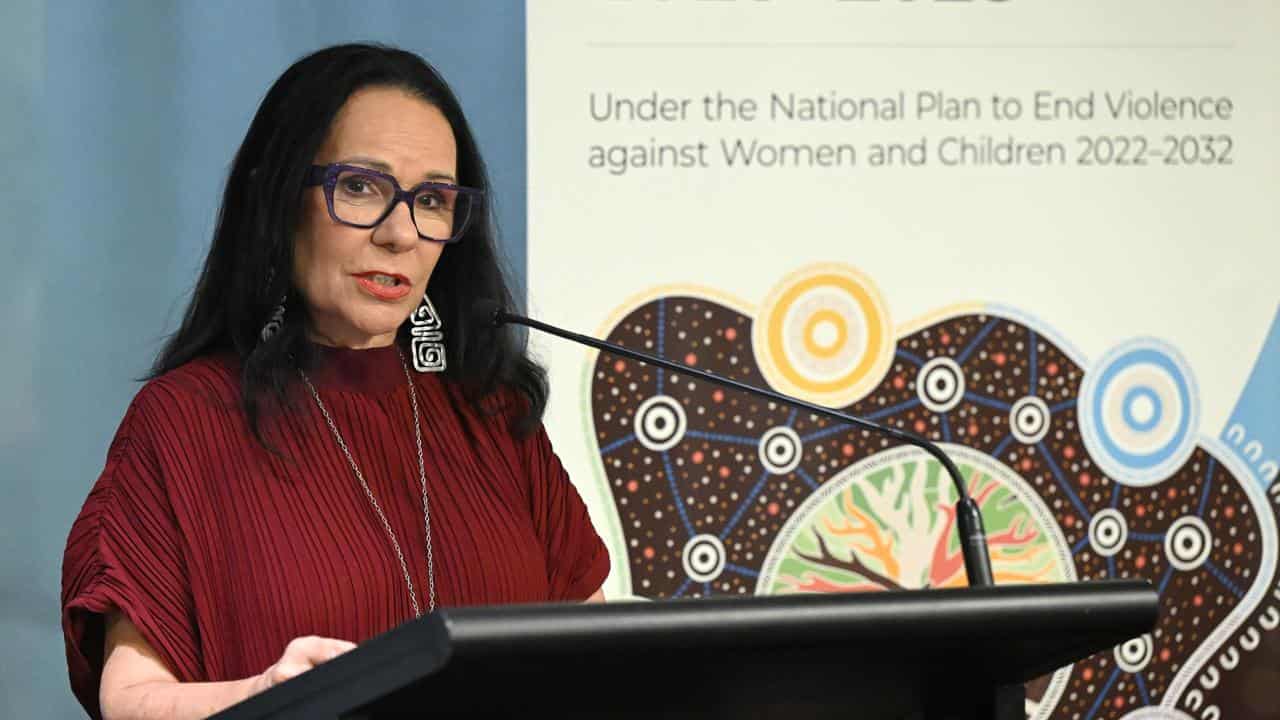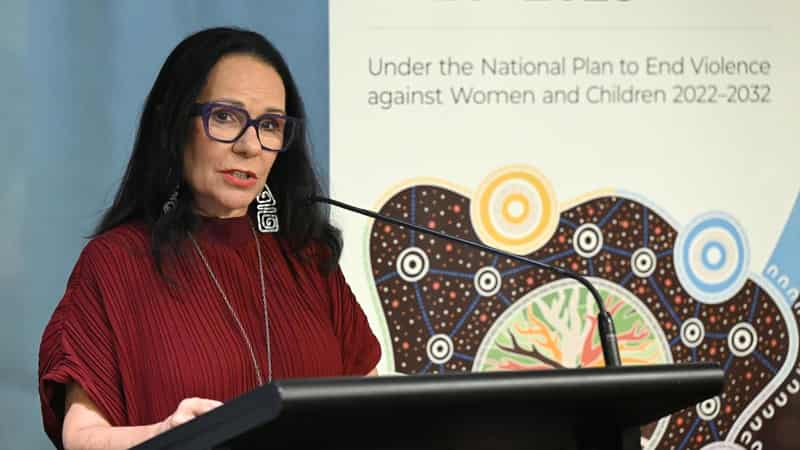
Tackling Australia's high rates of violence against women and children will require collaboration from across the community as federal, state and territory governments agree to two national action plans.
For the first time, governments have set targets for ending violence, including a 25 per cent annual reduction in female victims of intimate partner homicide.
Targets have also been set to encourage more people to reject violence against women.
A dedicated Aboriginal and Torres Strait Islander action plan charts a path to reducing, and ultimately ending, pervasive rates of family, domestic and sexual violence in Indigenous communities.
It is the first dedicated plan which acknowledges that underlying causes of violence in First Nations communities are different to those for non-Indigenous Australians, and was developed in partnership with Indigenous advisory bodies.
One in three Australian women have experienced violence by a partner, other known person or a stranger after the age of 15.
Indigenous women are 34 times more likely to be hospitalised because of violence than non-Indigenous women, report three times as many incidents of sexual violence and are more likely to be killed due to assault.
Aboriginal and Torres Strait Islander men also experience extremely high rates of violence, both as children and as adults.
Independent senator Lidia Thorpe welcomed the dedicated action plan for Indigenous Australians.
"Our needs are different and we need to have a dedicated resource and plan to stamp out not only gender-based violence, but the racism that comes with that when we seek help," she said.
Federal Indigenous Australians Minister Linda Burney said the dedicated plan demonstrated governments recognised the reality for Aboriginal women and children.
"This is a difficult topic, but today we have taken great strides to address the issue," she told reporters in Brisbane.
Governments at all levels have committed to developing resources to address coercive control, providing services in prisons and detention centres for Indigenous people who are victims and perpetrators of family violence and bolstering trauma-informed models of support.
An Aboriginal and Torres Strait Islander men's advisory body will be established to provide leadership on issues such as family violence, gender equality, programs and services for men, boys, and men's issues in general.
A national peak body for Indigenous family safety will also be established and the Commonwealth will investigate the feasibility of an Aboriginal and Torres Strait Islander Family, Domestic and Sexual Violence Commissioner.
Governments also committed to funding education and training on family and sexual violence for community workers, health professionals and those in the justice sector.
Federal Social Services Minister Amanda Rishworth said there was plenty of work to be done to ensure people were educated about different types of abuse, including financial and coercive control.
"We all recognise across governments that one death is one too many, but we do need to start working towards a reduction and this gives us something to aim for."
She said governments were also committed to prevention measures and support for women who escaped a violent home.
"It will take more than just governments, it will take businesses, education institutions right across the board, there's got to be a whole of societal effort," she said.
"But by having our actions set out, our investment and the goal we're working towards, I think it is realistic that we can achieve it."
13YARN 13 92 76
Aboriginal Counselling Services 0410 539 905
1800 RESPECT (1800 737 732)
Lifeline 13 11 14
National Sexual Abuse and Redress Support Service 1800 211 028









